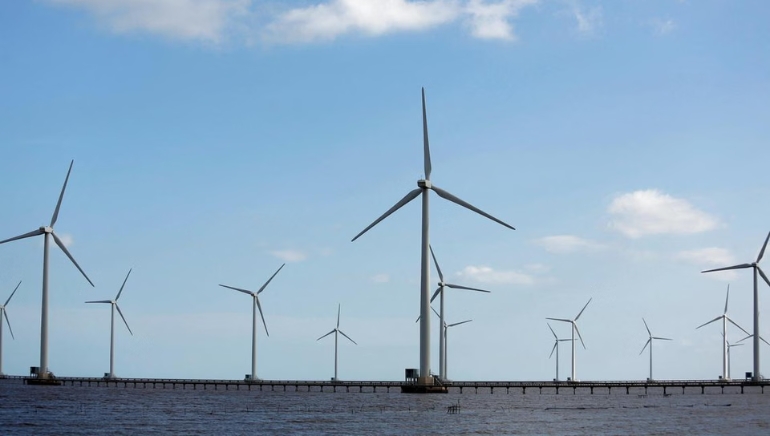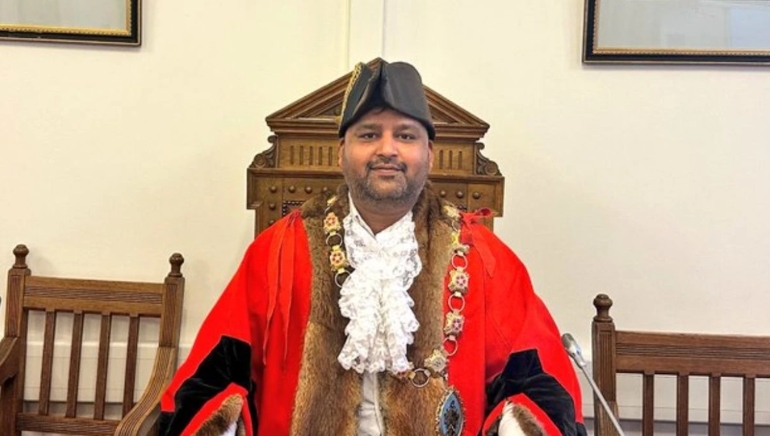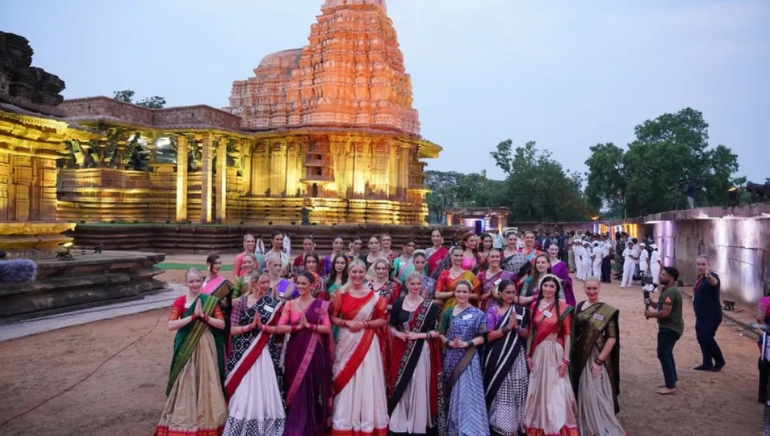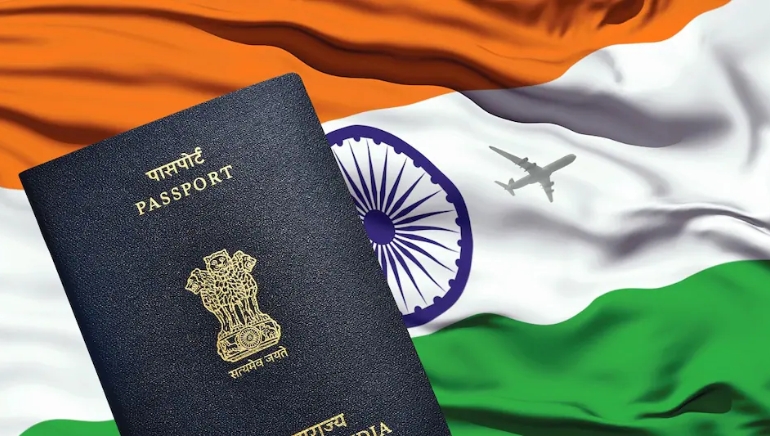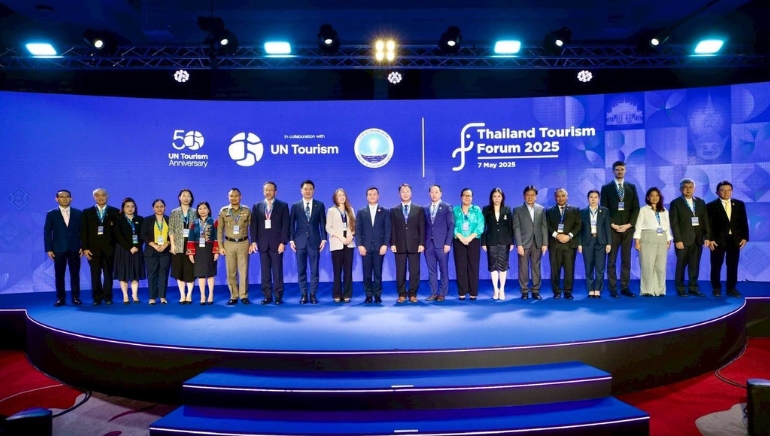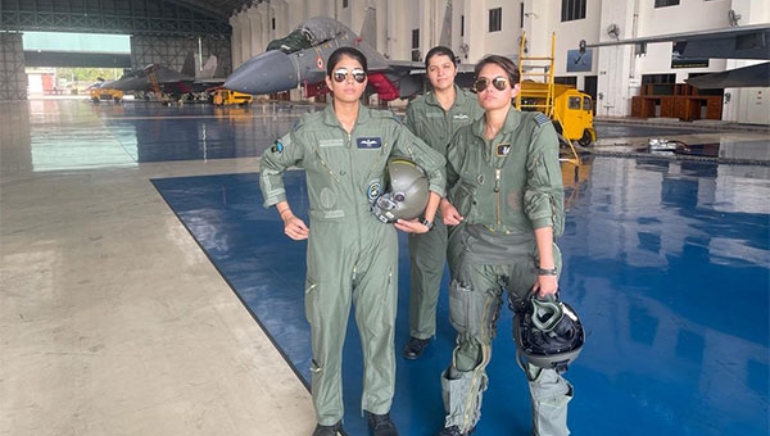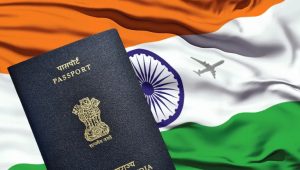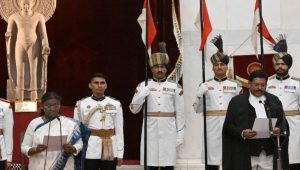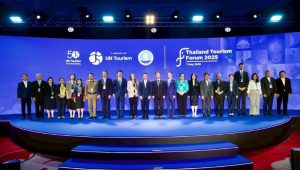Thailand has officially launched the “Amazing Thailand Love Wins Festival,” a month-long national celebration that coincides with Global Pride Month. The campaign reinforces Thailand’s reputation as an open, LGBTQIAN+-friendly location while also encouraging tourism and social peace. Deputy Prime Minister and Defence Minister Phumtham Wechayachai emphasised the festival’s significance, adding that it reflects Thailand’s commitment to human rights, gender equality, and the freedom to love.
Tourism and Sports Minister Sorawong Thienthong emphasised that Pride Month honours dignity, individuality, and inclusiveness. The festival also intends to enhance regional tourism and economic activities while strengthening Thailand’s global reputation as a top Pride destination. Marriage equality officially took effect on January 23, 2025, and the country has made a significant stride towards inclusivity. Following the revision to Section 1448 of the Civil and Commercial Code, LGBTQIA+ couples can now lawfully register their marriages.
Thapanee Kiatphaibool, Governor of the Tourism Authority of Thailand (TAT), described the festival as a strong symbol of social progress. Events are being held across Thailand, including Bangkok, Chiang Mai, Pattaya, Phuket, Krabi, and Khon Kaen. Parades and drag show finales draw both locals and tourists.






